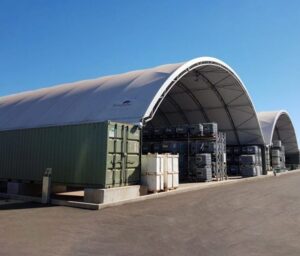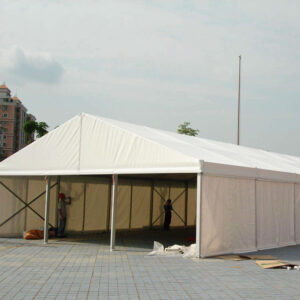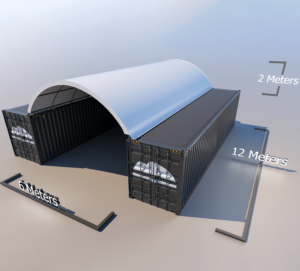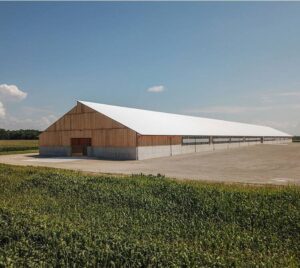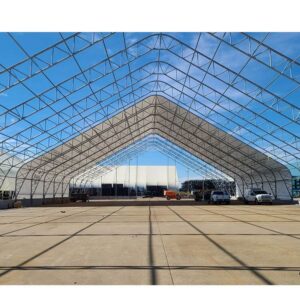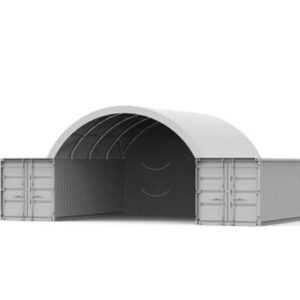Design Services

Advantages of Storage Container Shelter
As the demand for flexible buildings increases, storage container shelters have gained wide attention as an innovative building solution. Container shelters are ideal for storage, emergency housing, workspaces, and even living spaces due to their efficiency, economy, strength, and customizability. This article will explore several key advantages of storage container shelters.
1. Economical and cost-effective
One of the biggest advantages of container shelters is their low cost. Compared with traditional buildings, containers are cheaper to purchase and modify, which is very attractive when the needs are more urgent or the budget is limited. Since containers were originally used for transportation, second-hand containers can be purchased at a relatively low price, and the containers themselves have high structural strength, which reduces the cost of purchasing building materials and construction.
Additional advantages:
- Low maintenance cost: Containers are usually made of steel, which is waterproof, fireproof and corrosion-resistant, so their long-term maintenance costs are also low.
- Save construction time: Containers can be assembled much faster than traditional buildings, greatly shortening the construction period.
2. Flexibility and Scalability
Container shelters are highly flexible and can be designed and modified according to specific needs. Whether as a temporary warehouse, office space, or as a long-term residence, containers can be flexibly adjusted according to different environmental and functional requirements.
Scalability is also a major advantage of container shelters. Multiple containers can be connected by welding, bolts, or slides to form a larger space. They can be simple units, or they can be multi-layered or open layouts with increased layers or combinations as needed.
Application examples:
- Used as a mobile office, multiple containers can be arranged together to form a convenient office area.
- Facilities such as partitions and windows can be set up in the container according to needs to meet different functional requirements.
3. Strong structure and strong durability
Containers themselves are designed to adapt to the harsh environment of transportation, so they have very strong structural strength. The steel frame and heavy steel plates of the container ensure its durability in long-term use, and the container can still provide solid protection even in extreme weather conditions (such as storms, blizzards, etc.). The container is also designed to be compression-resistant and can withstand the weight of stacking.
In addition, containers are also very fire-resistant and waterproof, suitable for use in various climates. Even in humid environments, containers can maintain their structural integrity and are not prone to problems such as rot and mildew.
Long-term durability:
- With proper maintenance, the service life of container shelters can reach 20 years or even longer.
- Can withstand most natural disasters, especially suitable for use as emergency shelters or temporary residences in extreme environments.
4. Environmental protection and sustainability
Container shelters also have significant advantages in environmental protection. First, containers are a kind of reusable resources, especially second-hand containers. Their recycling and reuse reduces the demand for new materials and reduces the burden on the environment. Transforming waste containers into shelters can effectively reduce the generation of waste, which is in line with the current trend of green buildings.
Secondly, container shelters are energy-efficient. With good insulation design, containers can better maintain the internal temperature. Whether in summer or winter, the internal temperature can be kept within a comfortable range, reducing additional energy consumption.
Environmental advantages:
- Save raw materials: Containers can be reused, avoiding the stacking of a large amount of waste building materials.
- Energy saving and consumption reduction: Through effective insulation and ventilation, container shelters can save the use of air conditioning and heating.
5. Rapid deployment and adaptability
Container shelters are very suitable for rapid deployment, especially in cases where emergency construction or temporary resettlement is required. For example, in post-disaster reconstruction after natural disasters, container shelters can be quickly built to provide necessary living or storage space.
The mobility of containers makes them more adaptable to changing environments. Not only can they be easily transported to different locations by truck or ship, but even after construction, they can still be disassembled and reassembled to new locations as needed. For places that require temporary storage or office, container shelters are undoubtedly an ideal choice.
Rapid deployment:
- In emergency situations, container shelters can be built in a short time to meet people’s living, office or storage needs.
- Suitable for temporary construction needs, such as construction sites, event venues, etc.
6. Versatility and customizability
Container shelters are not limited to storage space, their versatility allows them to adapt to a variety of different uses. With proper modification and design, containers can be transformed into homes, offices, shops, medical facilities, etc.
In terms of customization, container shelters can be decorated internally and externally as needed, and doors, windows, partitions, ventilation equipment, air conditioning and other facilities can be added. They can be personalized according to the specific needs of users.
Multifunctional examples:
- Living space: transformed into a complete residence with kitchen, bathroom, and bedroom.
- Commercial use: transformed into temporary shops, dining cars, exhibition and display spaces.
- Workspace: designed as office space, conference room, etc.
Summary
Storage container shelters, as an innovative building solution, have gradually become the first choice for individuals and enterprises due to their advantages such as economy, flexibility, sturdiness, environmental protection and rapid deployment. Whether it is a temporary storage space or a long-term residence or office space, container shelters can provide reliable solutions to adapt to different needs and environmental conditions. In the future, with the increasing demand for environmentally friendly and energy-saving buildings, the use prospects of container shelters will be broader.


